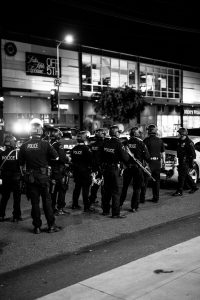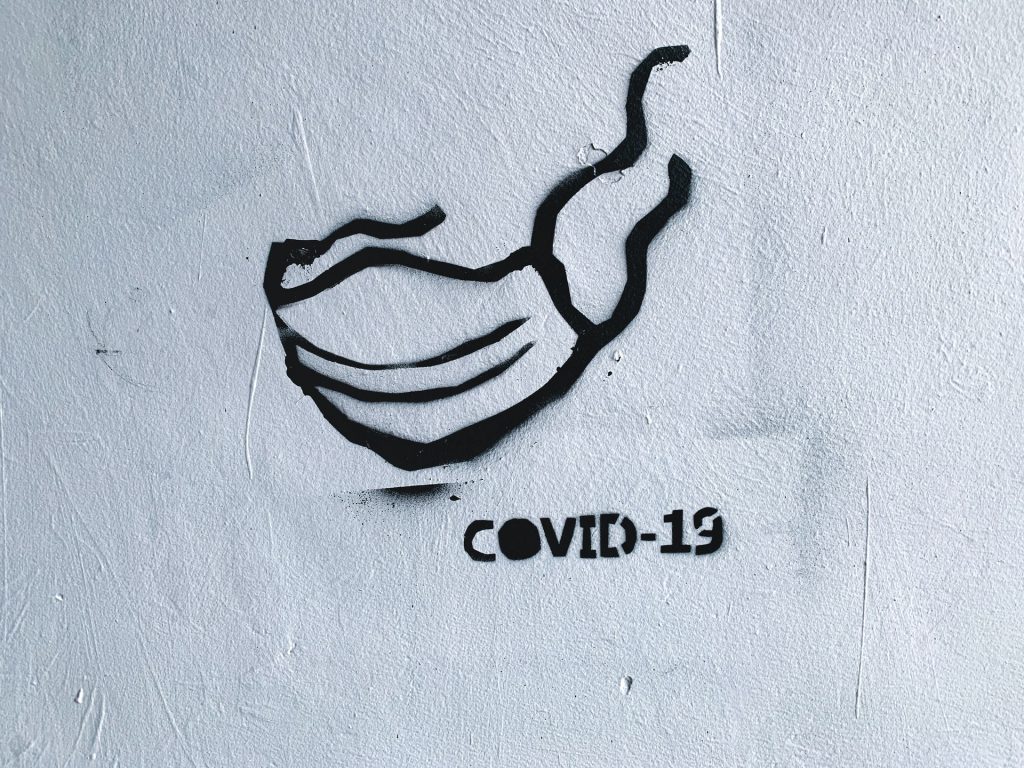 COVID-19 Fines for Rowdy Teens, Not For Families “Having a Sandwich”
COVID-19 Fines for Rowdy Teens, Not For Families “Having a Sandwich”
Just when we thought it was safe to go back into the water, enter the Crossroads Hotel cluster in Casula. And just when you thought it was safe to have a rowdy sandwich in the park, enter the COVID-19 fining directives of the NSW Police.
The internal directives obtained by the Sydney Morning Herald reveal the guidelines used by the NSW Police Force during the peak of the COVID-19 first wave. They reveal how the police were instructed to engage their discretion to enforce social distancing, issue fines and engage with members of the public.
Do enforce social distancing for rowdy teens in the park; don’t do it for a family having a sandwich. Don’t stop people in cars to ask where you’re going. If there are “rowdy” youths, engage.
The revelations come as NSW Police Commissioner Mick Fuller issued new directives for officers to “start to issue tickets over using discretion” as NSW faces a potential second wave.
 Police Discretion- What is It?
Police Discretion- What is It?
Technically speaking, Commissioner Fuller’s statement is a distinction without difference. Police officers have discretion. Put simply, a police officer’s discretion involves using their judgement in certain situations to either engage their powers or not. Choosing to issue fines when faced with a rowdy COVID-19 sandwich party is as much discretion as choosing not to; it cuts both in a positive and negative sense.
To take a simple example and to provide you with something intelligent to say at your 20-person COVID-19 drinks this Friday- let’s consider an arrest scenario.
The officer reasonably suspects that the arrestee has committed/is committing an offence, the officer “may” arrest that individual. Those preconditions – the officer’s reasonable suspicion, are likely a matter of interpretive judgement. When they’re met, the officer has a choice as to whether to exercise their power of arrest or not- hence the “may”. It is within that gray space of choosing to arrest or not that the officer’s discretion operates.
… and Where’s Our Thin Red Line?
Wielded incorrectly, police discretion can be damaging. Capricious and unfair discretion can erode community trust in policing, and unnecessarily pulls individuals into the criminal justice system.
Further, internal policy such as the COVID-19 directives, theoretically provides consistency in policing.
On the other hand consistent policing is only useful if the underlying policy is reasonable, applied flexibly and complied with. Clearly, many of the COVID-19 directives were not followed to a tee. Further, one doubts whether teenagers in a park would be appreciative of being approached by officers when a family sitting nearby is not.
 What do I do if faced with improper use of police discretion?
What do I do if faced with improper use of police discretion?
Police exercising their discretion is often guarded with legal preconditions and rules. Exercise of discretion without satisfying these conditions may render the actions taken by officers unlawful, and entitle injured parties to civil compensation.
Technically and who doesn’t relish a dive into the legal weeds?- decisions made by police under LEPRA arguably must observe certain administrative legal requirements. One such requirement is that decisions cannot be made by inflexibly applying policy, without the decision-maker (here our officer) considering the circumstances of the case before them. How this would shake out in legal practice is questionable, but provides interesting food-for-thought as to the boundary of an officer’s discretion.
If or more cynically, when a second COVID-19 wave hits NSW, the spotlight will be on the NSW Police Force and how they interact with the public. Whether discretion will be used in a socially conscious way that maintains community trust in a testing time remains to be seen.
It’s a fine balance at the intersectional picnic that is police powers. Just don’t forget to pack your sandwich.
If you have been the subject of improper police action, O’Brien Criminal and Civil Solicitors are able to pursue your possible claim anywhere in Australia. Please don’t hesitate to contact us today on 02 9261 4281 or by email at

Oliver is a law graduate who is passionate about the ways in which the law can alleviate injustice. Oliver practices across intentional torts, abuse, privacy and defamation.




